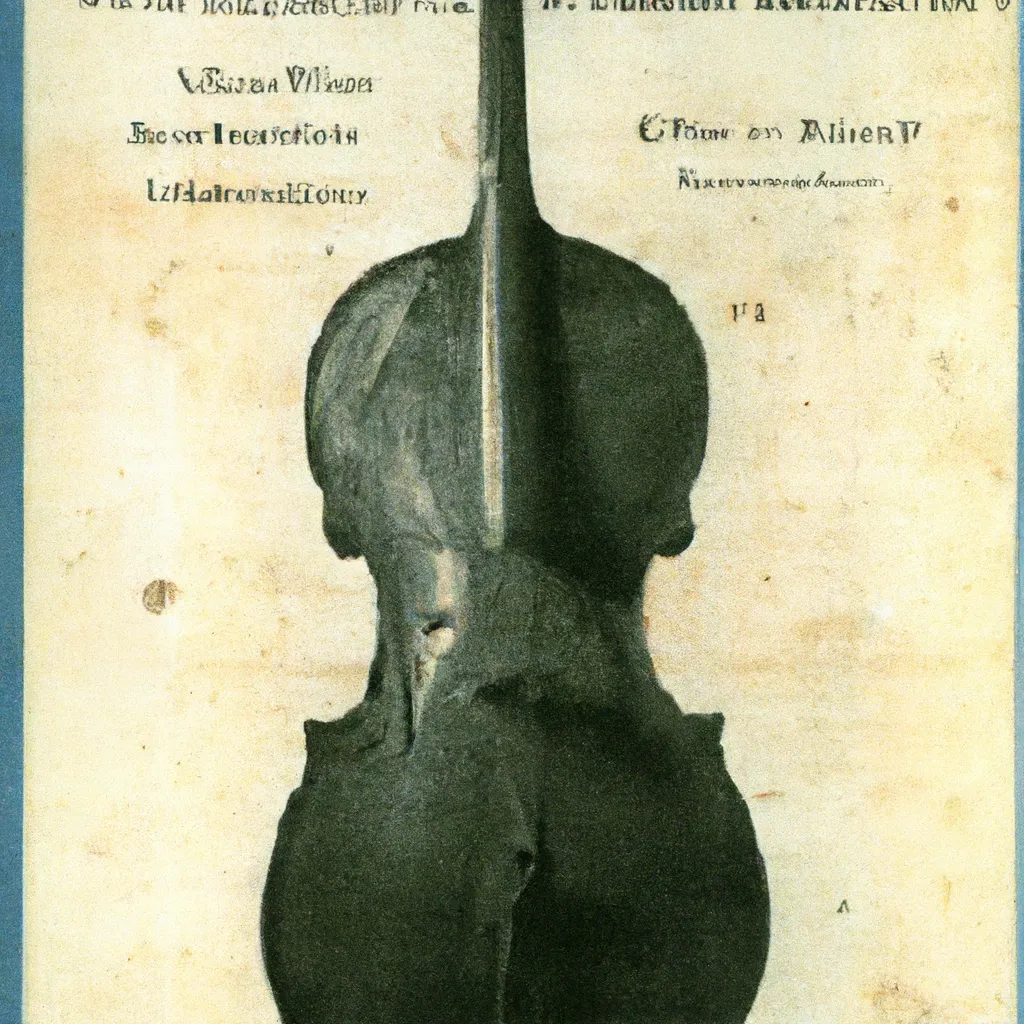Italian cello seized by US tax authorities for inheritance tax

In United States v. Firestone, the United States government sought to enforce a judgment against defendant Omar Firestone (Omar) for failure to pay taxes related to the estate of Gaida M. Firestone (the Estate), which Omar represented as executor. The government sought to seize a valuable Italian cello (Chello) owned by Omar to satisfy the tax debt. Omar filed a motion to stop enforcement of the U.S. restraining order and to remove the Chello from the inventory, but the U.S. District Court for the Western District of Washington ultimately denied his motion.
The case has its origins in January 2012, when the Internal Revenue Service audited Omar as executor' 'Inheritances. The IRS determined that the recomputed inheritance tax of the Inheritance, including penalty and interest, was $1,869,254.00. Omar then created a continuing Firestone Irrevocable Cello Trust (the Trust), transferring Chello from himself as the donor of the Trust to himself as trustee of the Trust. Omar was also a beneficiary of the Trust. Despite repeated notices and demands from the IRS, Omar failed to pay the taxes. In January 2019, the government commenced an action in the United States District Court for the Southern District of California against Omar, seeking to reduce the unpaid inheritance tax prior to judgment and lien on certain real property. The court entered judgment in favor of the government in the amount of $2,537,554.16, plus recording charges and interest. To effectuate the judgment, the government filed an exparte motion to' 'One of the available measures under the FDCPA is a writ of prohibition, which allows the government to seize a debtor's property to satisfy a debt. To determine whether property falls within the scope of the FDCPA, the court looks to property rights under state law. The California decision establishes that the term "property" under the FDCPA includes any substantial interest of the debtor that can satisfy the claims of the United States. The government argued that Omar lacked standing to challenge the writ of prohibition because he asserted in his requested document that Chello was not owned by him, but by the Trust. Nevertheless, in the same document, Omar asserted that he had a right to lifetime use of Chello. Since the interest' 'existed, the court addressed Omar's arguments regarding the statute of limitations and the existence of an interest in Chello, so that a writ of prohibition authorized under the FDCPA could issue.
First, Omar argued that the suit is barred solely by the six-year statute of limitations specified under 28 U.S.C. Sec. 3306(b)(1), which applies to cases to invalidate or void fraudulent transactions made with the intent to hinder, delay, or defraud a creditor.
13 May 2025
14 May 2025
13 May 2025
14 May 2025
14 May 2025

Second, Omar argued that Chello was not his personal' 'property, and is owned by the Trust. The court determined whether Omar had a substantial interest in Chello, making it subject to injunction and enforcement under the FDCPA. The Court examined the Trust's contract and California law to determine Omar's control and ownership of Chello. Because the Trust was created in California and the Trust's contract indicated that California law governed the Trust, the court applied California law. Under California law, trust beneficiaries have equitable interests in trust property and are deemed to be the real owners thereof. Consequently, the court stated that Omar had an equitable interest in Chello because he was the sole beneficiary for the life of the Trust. In addition, the court noted that' 'Omar had a life interest in Chello, and as the sole trustee of the Trust, he held title to it. Having both an equitable and legal interest in Chello, the court concluded that Omar was the true owner of Chello, and therefore, Omar had a substantial non-exempt interest in Chello, making it enforceable to satisfy the unpaid tax debt.
The court denied Omar's motion to dismiss the injunctive writ, affirming that he had a substantial nonexempt interest in Chello. The court ordered him to return Chello to U.S. territory unless it is already inside the country. The court's decision clarified that the FDCPA ensures that there is no statute of limitations for collecting a debt through' 's restraining letters, allowing the government to pursue collection without being barred by the statute of limitations. Moreover, the fact of Omar's ownership and equitable and legal interest in Chello qualifies him as the true owner, making Chello subject to forfeiture for debt collection purposes. This article was first published in the Journal of Estate Planning.
Tags
Comment
Popular Offers

Subscribe to the newsletter from Hatamatata.com!
Subscribe to the newsletter from Hatamatata.com!
I agree to the processing of personal data and confidentiality rules of Hatamatata











